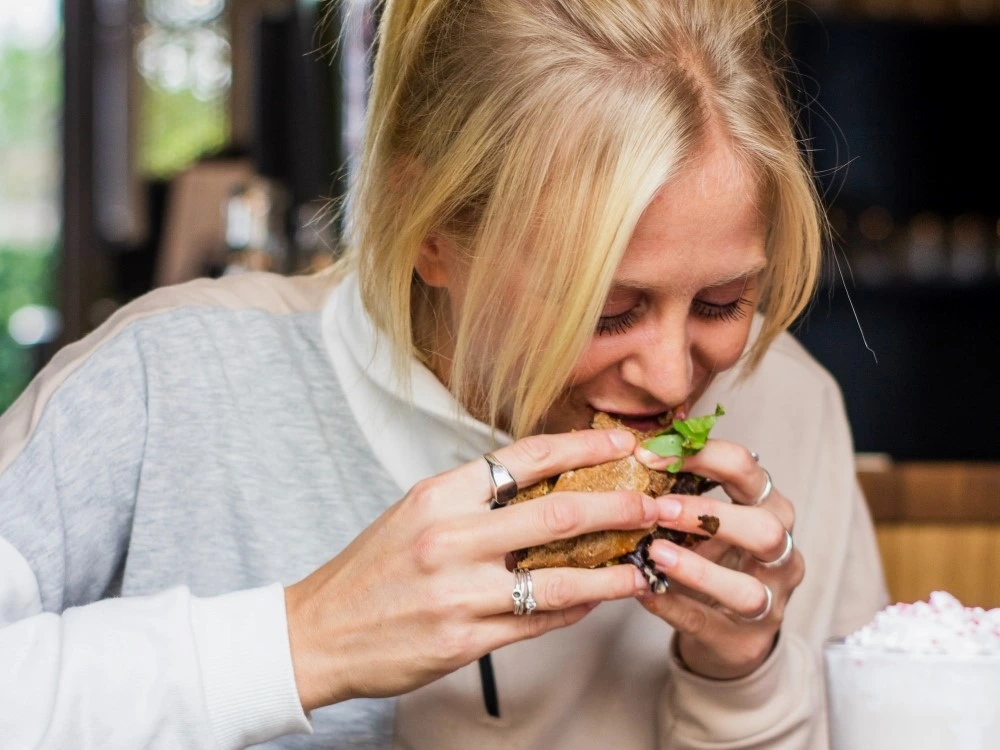People use different coping strategies when dealing with stress and other overwhelming emotions. Some people use substances such as drugs and alcohol, some smoke cigarettes, and some charge a lot of money to their credit card. And then there are those people who take comfort in their favorite foods.
Emotional eating often leads to weight gain and the development of health issues such as type two diabetes and high blood pressure. If left unchecked, emotional eating can lead to a life-long reliance on eating as a coping mechanism.
If you or someone you love is an emotional eater, becoming more mindful of eating is how you can manage your food issues. Here are some ways to become a more mindful eater:
Keep a Food Journal
Most emotional eaters are completely unaware of the kind or amount of food they eat on a daily or weekly basis. It’s important to start tracking what you consume as well as how much so you can recognize the real issue you may be having. This is not an exercise in harshly judging yourself, it’s simply so you can recognize the link between your emotions and eating habits.
For instance, you may see that Monday, Tuesday and Wednesday were pretty okay days, but Thursday was when you got yelled at while you were at work and also got a speeding ticket, and ALSO ate fast food for lunch and dinner and ate almost a gallon of ice cream. Once you see this pattern over and over, that you tend to eat on those days you are stressed, angry, sad, etc., you will be able to start making positive changes.
Make Portions
When we eat emotionally, we don’t stop to think about the amount of food we are eating, we just shove it in as quickly as possible so those carbs can start making us feel better. The next time you find yourself eating based on your emotions, try and catch yourself and meter out a fair-sized portion. For instance, don’t sit in front of the TV with an entire bag of potato chips, take out a small bowl’s worth and put the rest away.
Try Not to Eat Alone
When we are alone, we can eat with abandon. But when we eat with others, we tend to have more awareness about what and how much we put in our mouths. When your day is stressful, instead of going out to lunch by yourself, where you’re apt to hit 2-3 drive-throughs, invite some other people out. This may help you to use more self-control.
These are just a few of the ways you can begin to recognize your emotional eating and gain control over your food choices. If you would like to speak to someone about the emotions you are dealing with and learn healthier coping strategies, please be in touch. I’d be more than happy to discuss how I may be able to help.




